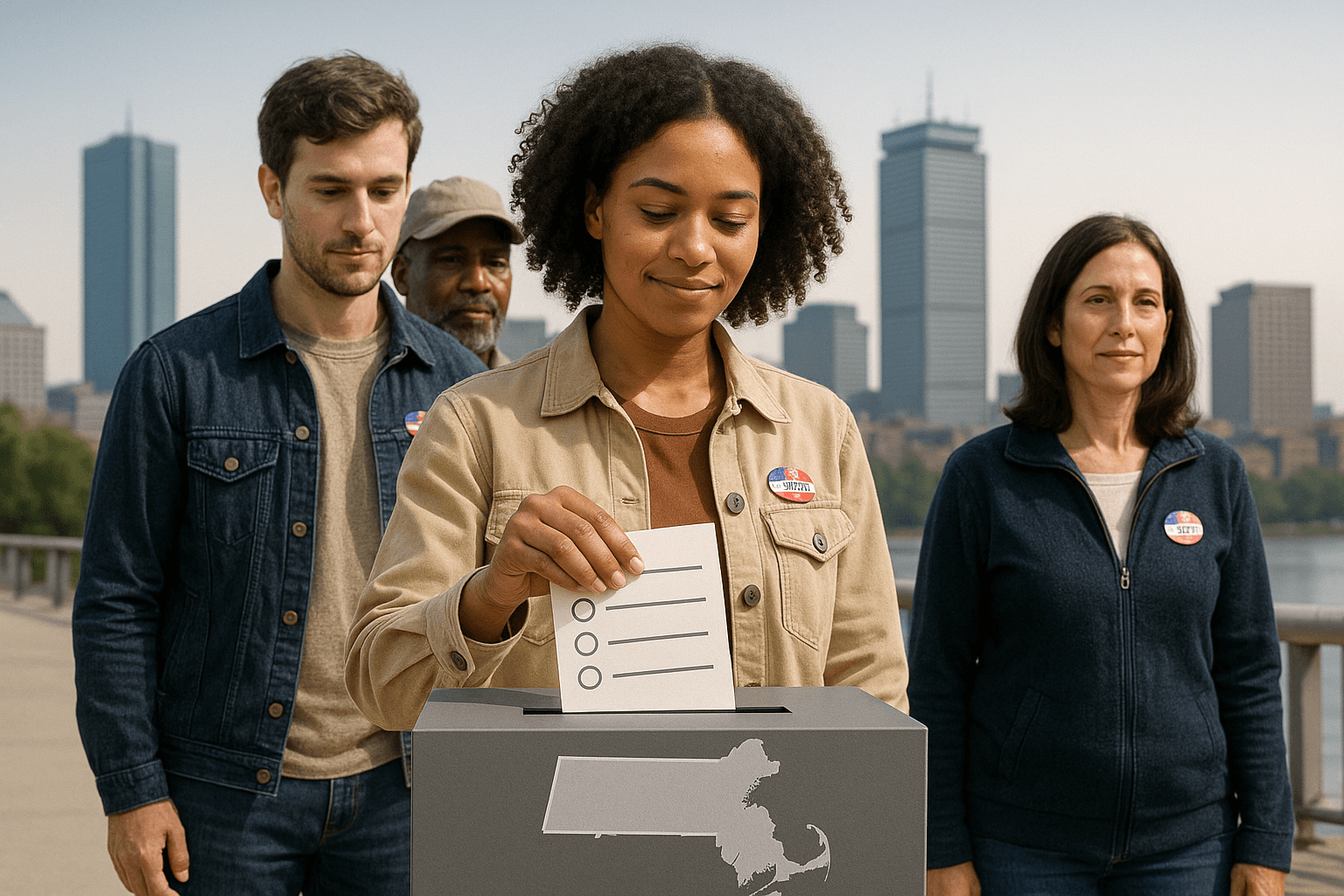Pew: Traditionally 'Electable' Candidates Are Losing Their Appeal among Voters

The Pew Research Center conducted a series of surveys to learn about voter preferences and more specifically what presidential qualities voters are looking for in 2016. The results show that registered voters are supporting presidential candidates based on their values as opposed to their experience in the military and politics.
In fact, a considerable percentage of respondents expressed a negative outlook on candidates with past experience as a Washington lawmaker.
Pew Research found that of the voters surveyed who are Republican or lean toward the Republican Party, the preference for experience dropped from 57 percent in March to 29 percent in September. Pew further found that 67 percent of these voters believed the candidates' values are more important than their perceived electability.
On the Democratic side, the number of Democrats and voters who said they lean toward the Democratic Party who preferred experience over freshness of ideas actually increased slightly from 46 to 50 percent. However, while the focus has been on the electability of the candidates, 65% of like-minded respondents said the candidates' values being akin to their own was more important.
In New Hampshire, exit polls and results supported these findings and showed that many 2016 voters support a presidential candidate who appears to be less formal and more narrative-focused and personal.
In the Democratic primary, for instance, most voters believed Clinton had the requisite experience to be president, but only 6 percent found her to be trustworthy and honest. Nearly all Democratic primary voters said they believe Sanders is trustworthy and 81% said he cared about the average voter.
The result? Sanders prevailed over Clinton by 22 points, becoming the first non-Christian candidate to win a state primary in U.S history. Pew's findings show that voters in general are more indifferent now toward the faith of the candidates than they used to be. However, being an atheist can still be detrimental to a campaign.
Sanders was polling below five percent nationally when he joined the race, but quickly grew in popularity despite his lack of military experience, his religious beliefs, and initial electability. Both presidential candidates have ample political experience; however, Clinton has proven to be more traditional and less inventive in comparison to Sanders, whose ideas challenge party and election orthodoxy.
Similarly, Trump, who was a dominant victor by 20 points over John Kasich in the New Hampshire primaries, started low in the polls when he launched his campaign in the summer, but quickly gained popularity from individuals who appreciate both his refreshing candor and willingness to finance his own campaign. Trump also maintains commanding leads in public opinion polls in many of the early states leading into Super Tuesday.
Sanders and Trump were mocked for their campaigns at the beginning of the election. The media portrayed both candidates as unelectable and unworthy of serious consideration because they challenged traditional campaign and party orthodoxy. Yet now Sanders is making it a race against Clinton, who was once considered inevitable, and Trump may have a clear path to the GOP nomination if he dominates on Super Tuesday.
Regardless of how Trump and Sanders end up doing, Pew's findings show that there is a clear desire among the national electorate to move away from the traditional party candidate. Election orthodoxy is being turned on its head and the media, political consultants, and party leaders are stunned.
Photo Credit: Mark Van Scyoc / Shutterstock.com



